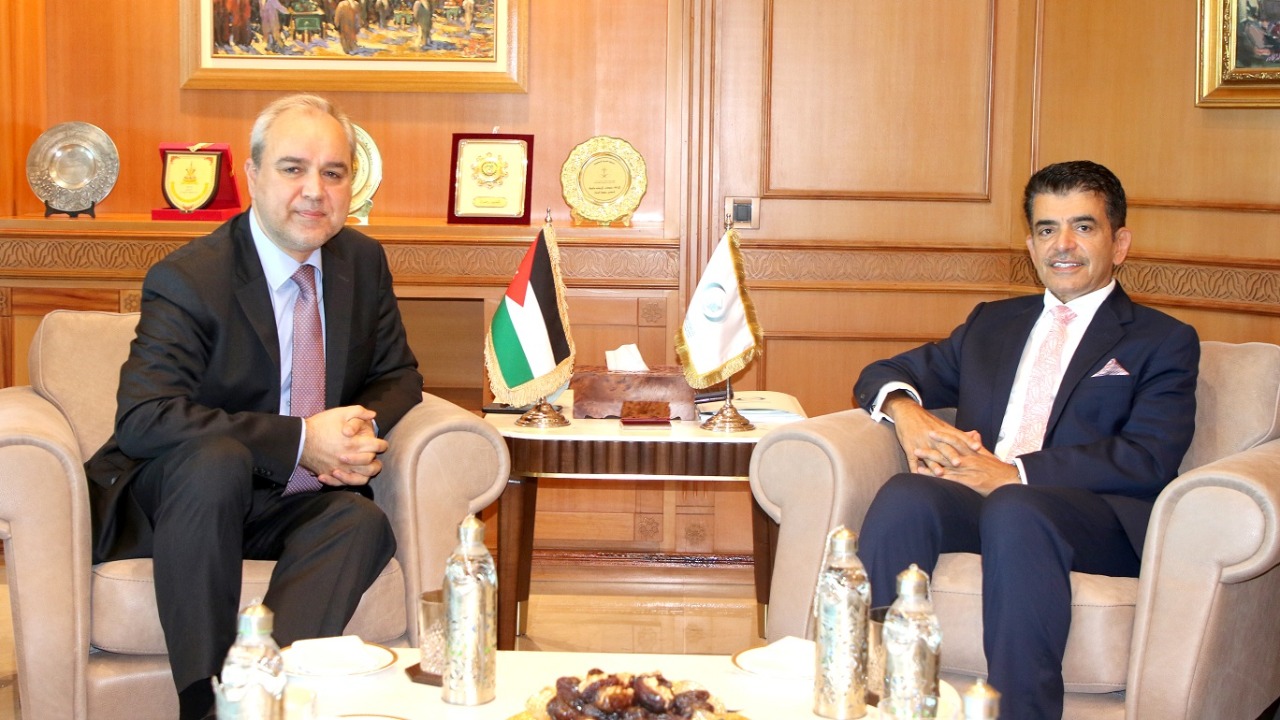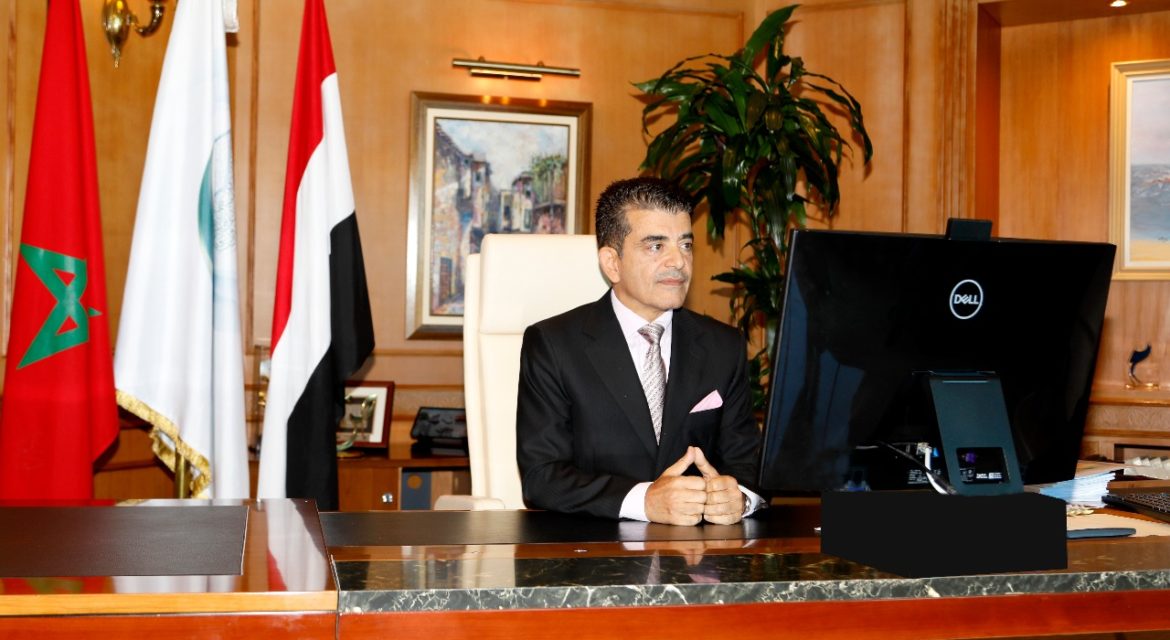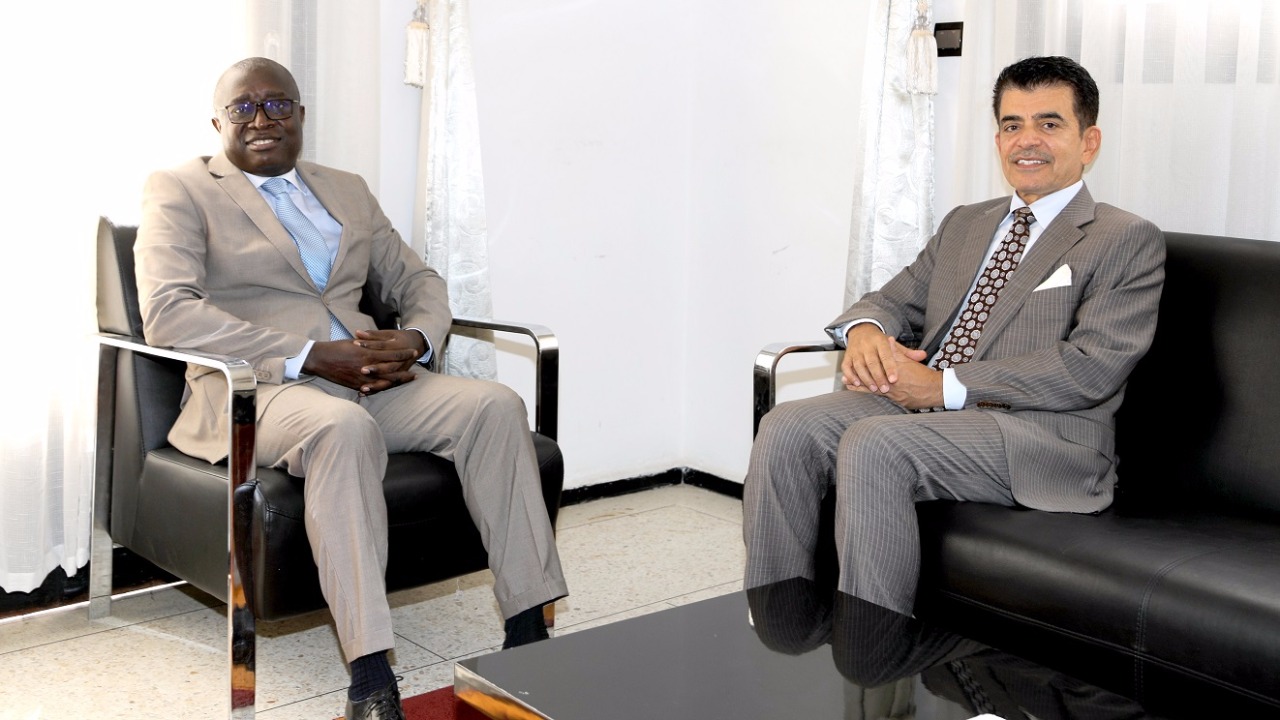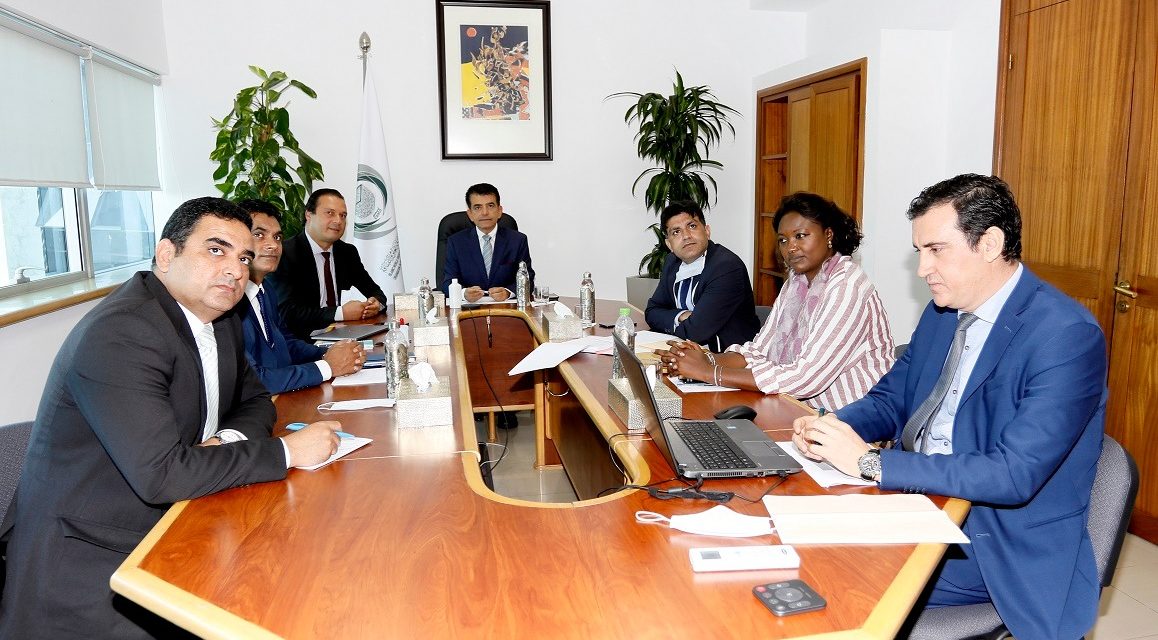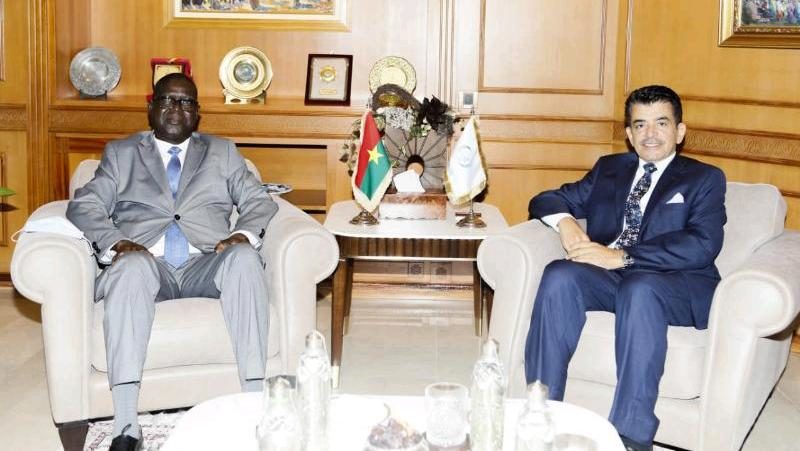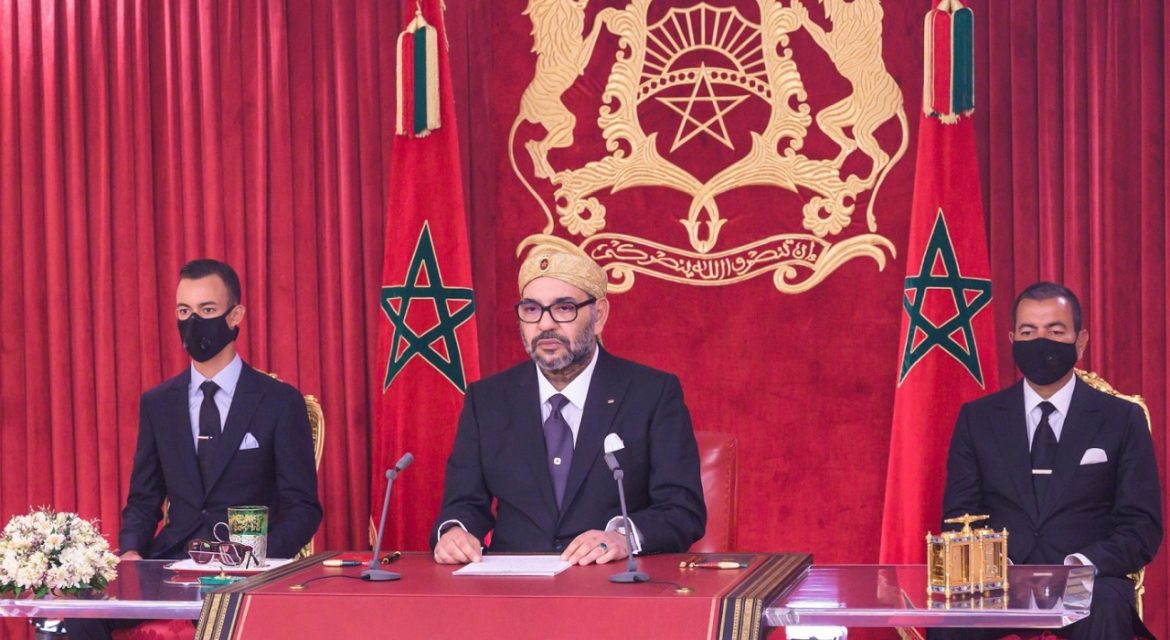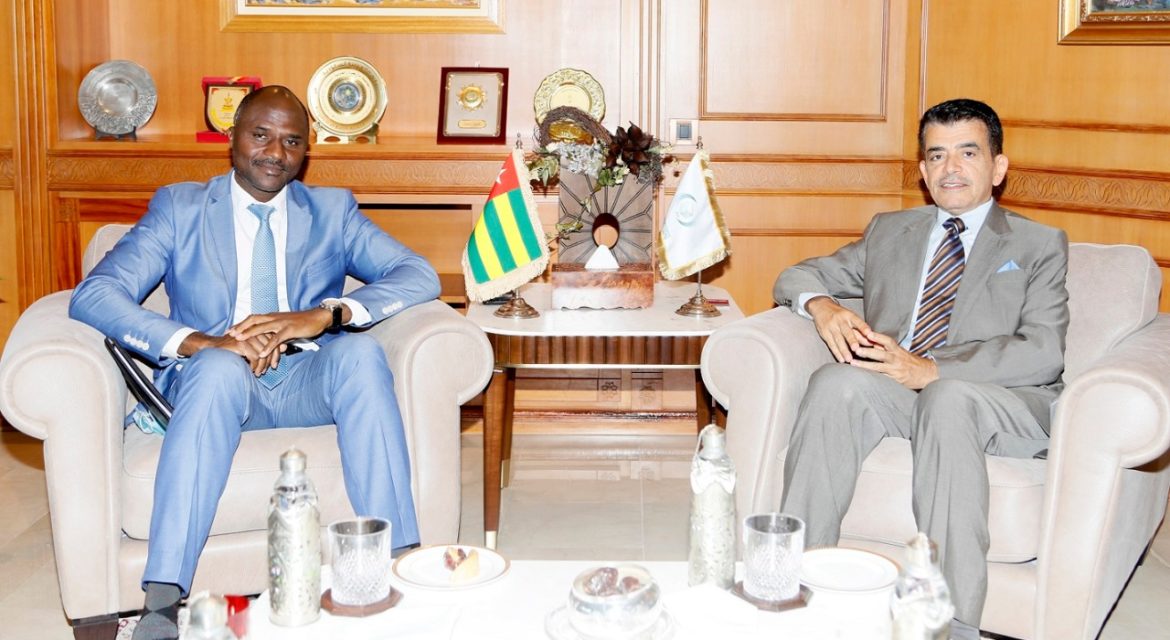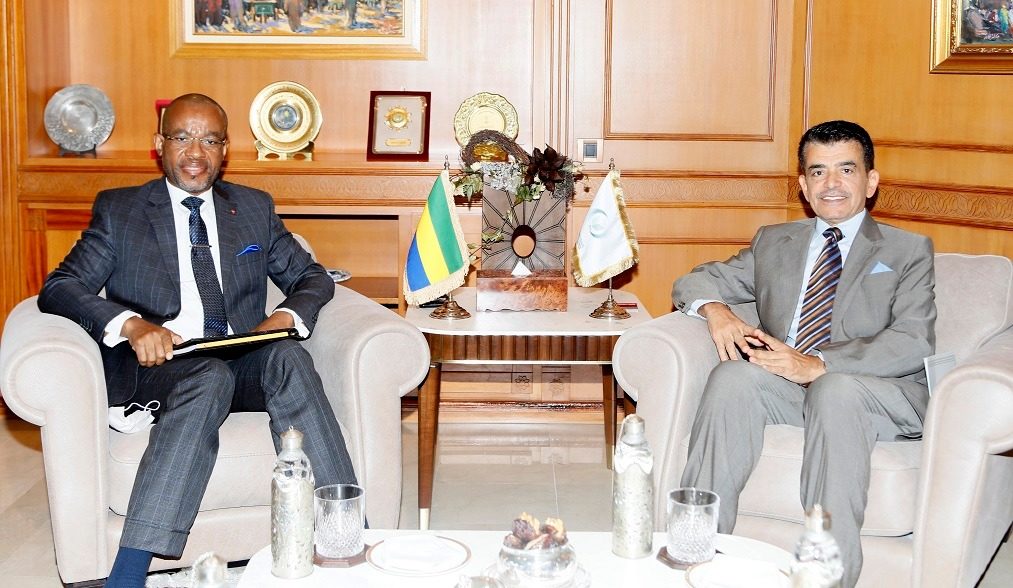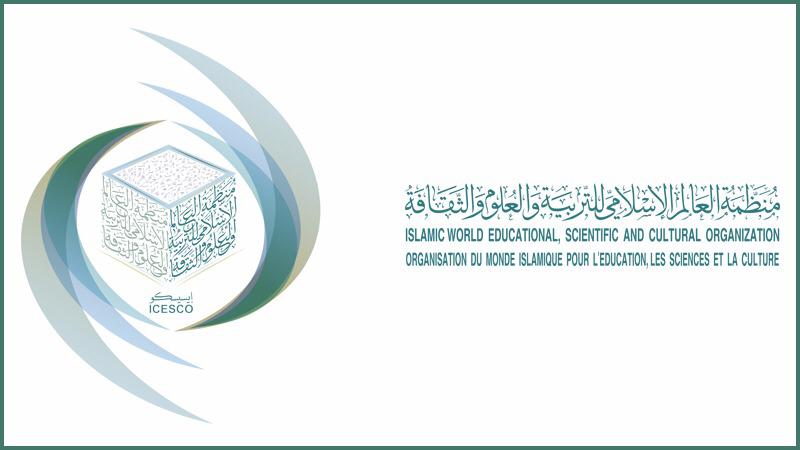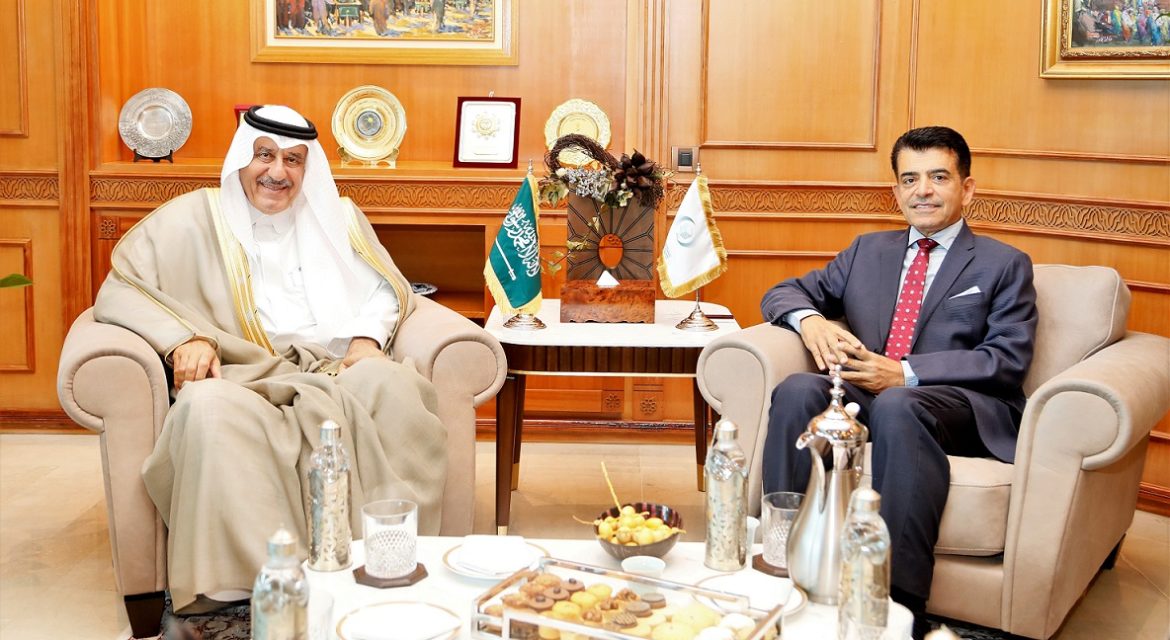The Director-General (DG) of the Islamic Educational, Scientific, and Cultural Organization (ICESCO), Dr. Salim M. AlMalik, and the Ambassador of Jordan to Morocco, Mr. Hazem Al Khatib Al Tamimi, explored yesterday, August 31, cooperation opportunities between the Organization and Jordan in education, science, and culture.
Dr. AlMalik reviewed the Organization’s major developments following its recent outreach to Member States and inclusion of non-Member States, international organizations and civil society institutions. The updated vision targets the Islamic world’s citizens and Muslim communities around the globe.
ICESCO’s heads of sectors also attended the meeting at the Organization’s headquarters.
During the COVID-19 pandemic, ICESCO launched many initiatives, programs, and activities to address the adverse repercussions of the outbreak on education, science, and culture, ICESCO’s DG reaffirmed.
He highlighted that ICESCO offered technological equipment to 24 countries to ensure the continuity of distance schooling. The Organization also financed production units for best-cost sanitizers in several Member States.
Many countries, institutions, and international donors joined ICESCO’s “Comprehensive Humanitarian Coalition.” Jordan and its institutions are welcome to join the coalition, invited the DG.
ICESCO established several specialized centers, namely the Center of Arabic Language for non-Native Speakers, continued Dr. AlMalik. The Organization’s Center for Strategic Foresight is currently preparing four studies on the future of the Islamic world, the African continent, cultural action and AI challenges in the Islamic world, involving renowned international experts in each study.
He added that the Organization created the Heritage Center, which so far has inscribed 200 archaeological sites in the Member States on the Islamic World Heritage List (IWHL) and provided multiple training sessions for professionals in the field.
The Jordanian Ambassador lauded ICESCO’s “enormous” efforts during the pandemic. He confirmed Jordan’s willingness to expand cooperation with the Organization.
Ambassador Al Tamimi affirmed also that he closely followed the Organization’s major initiatives, programs, activities, and conferences. He commended ICESCO’s medical, social, and educational caravan, in cooperation with the Jordanian authorities in December 2019 in Al Joufa Region.


